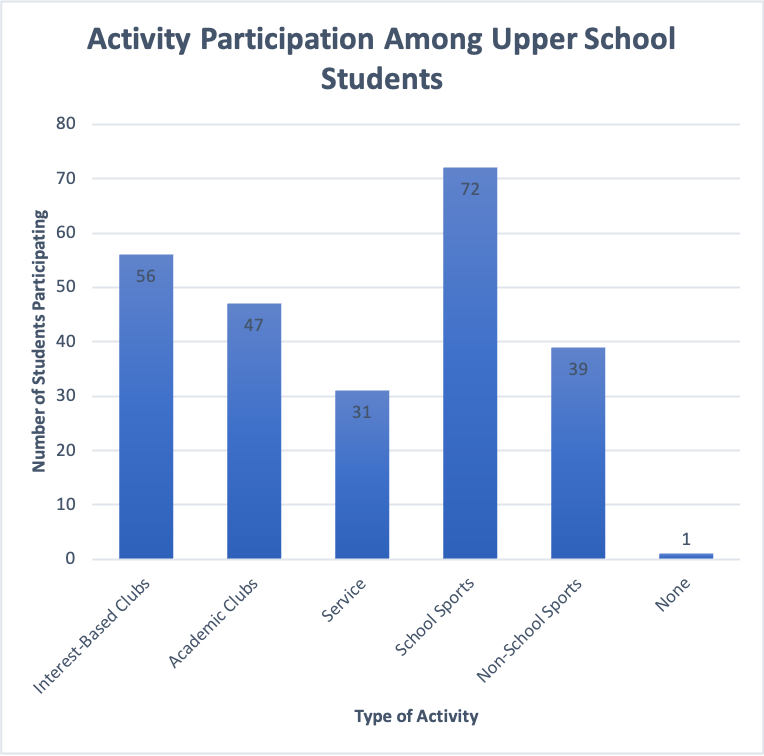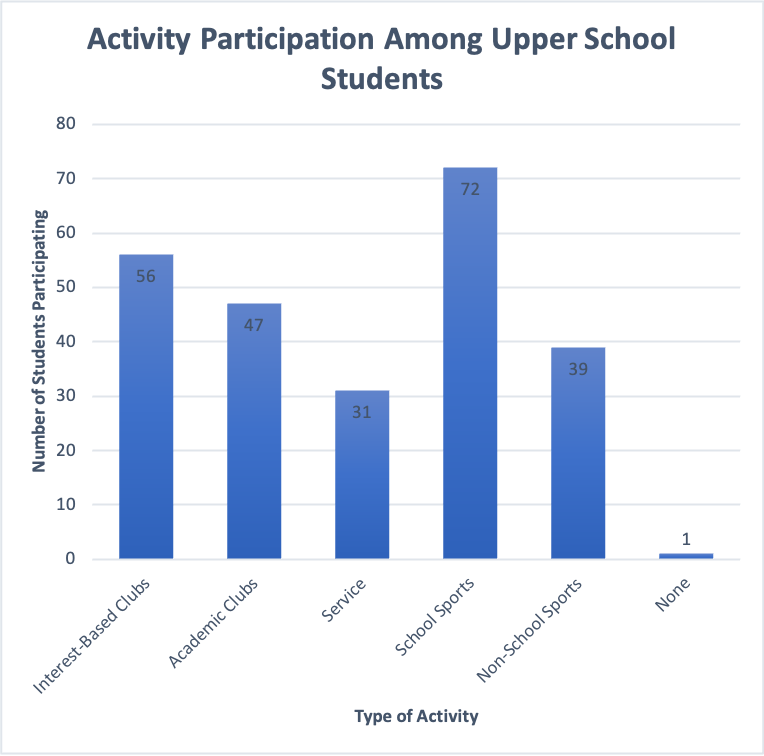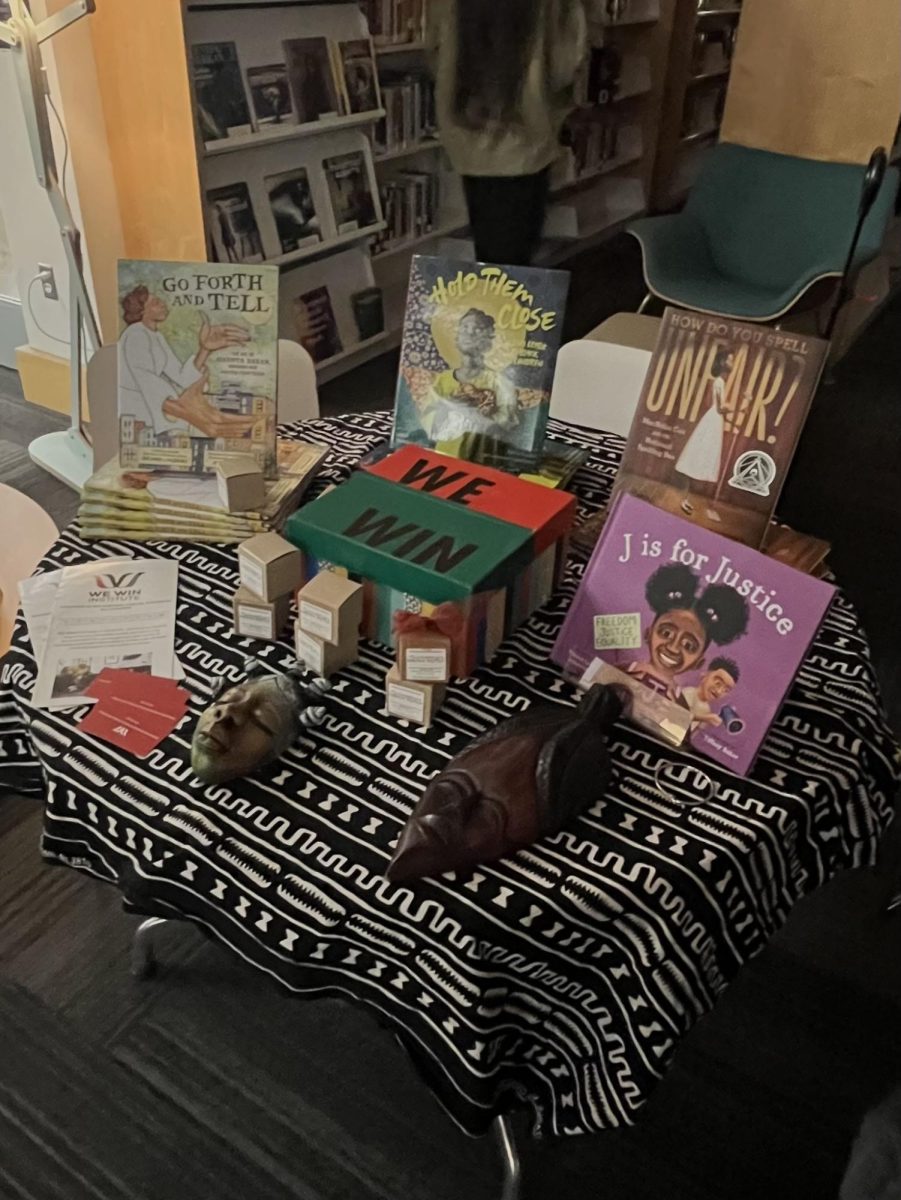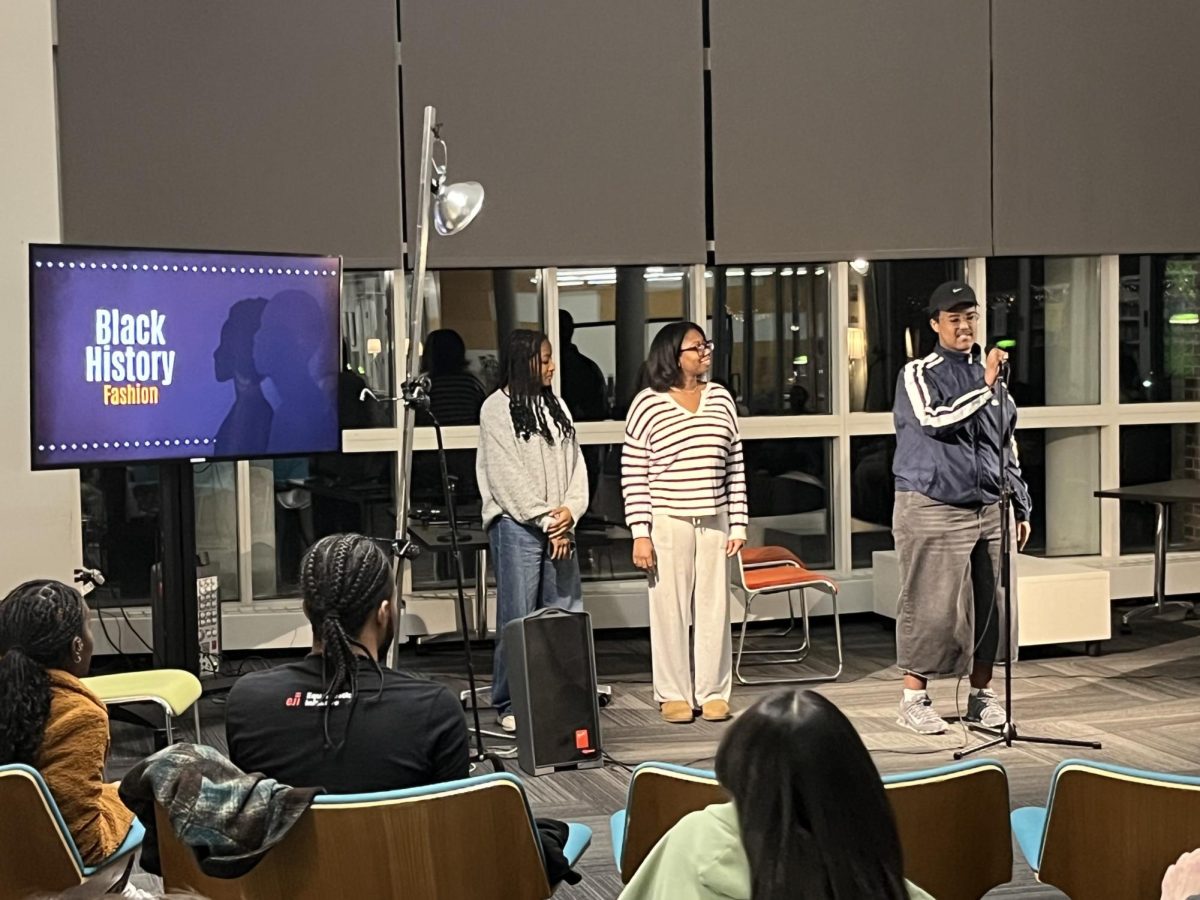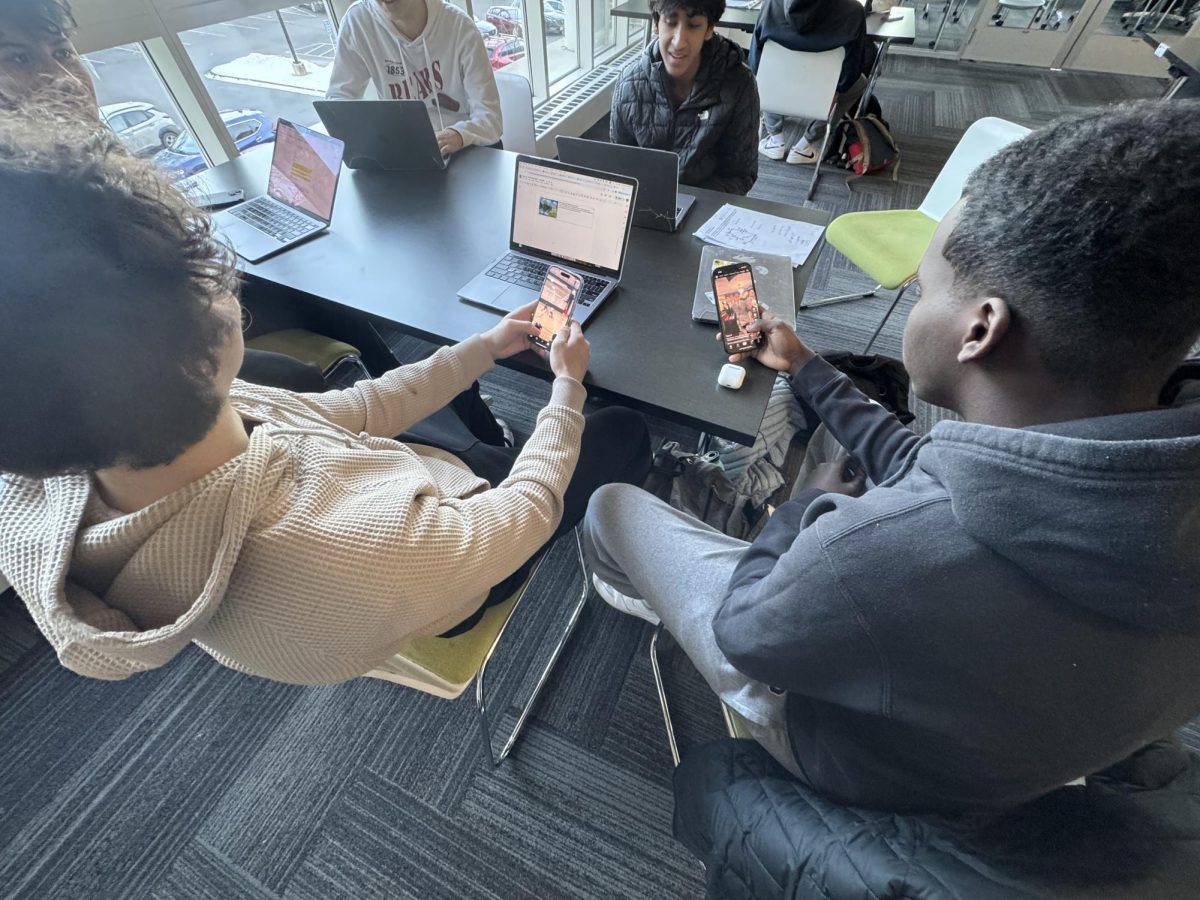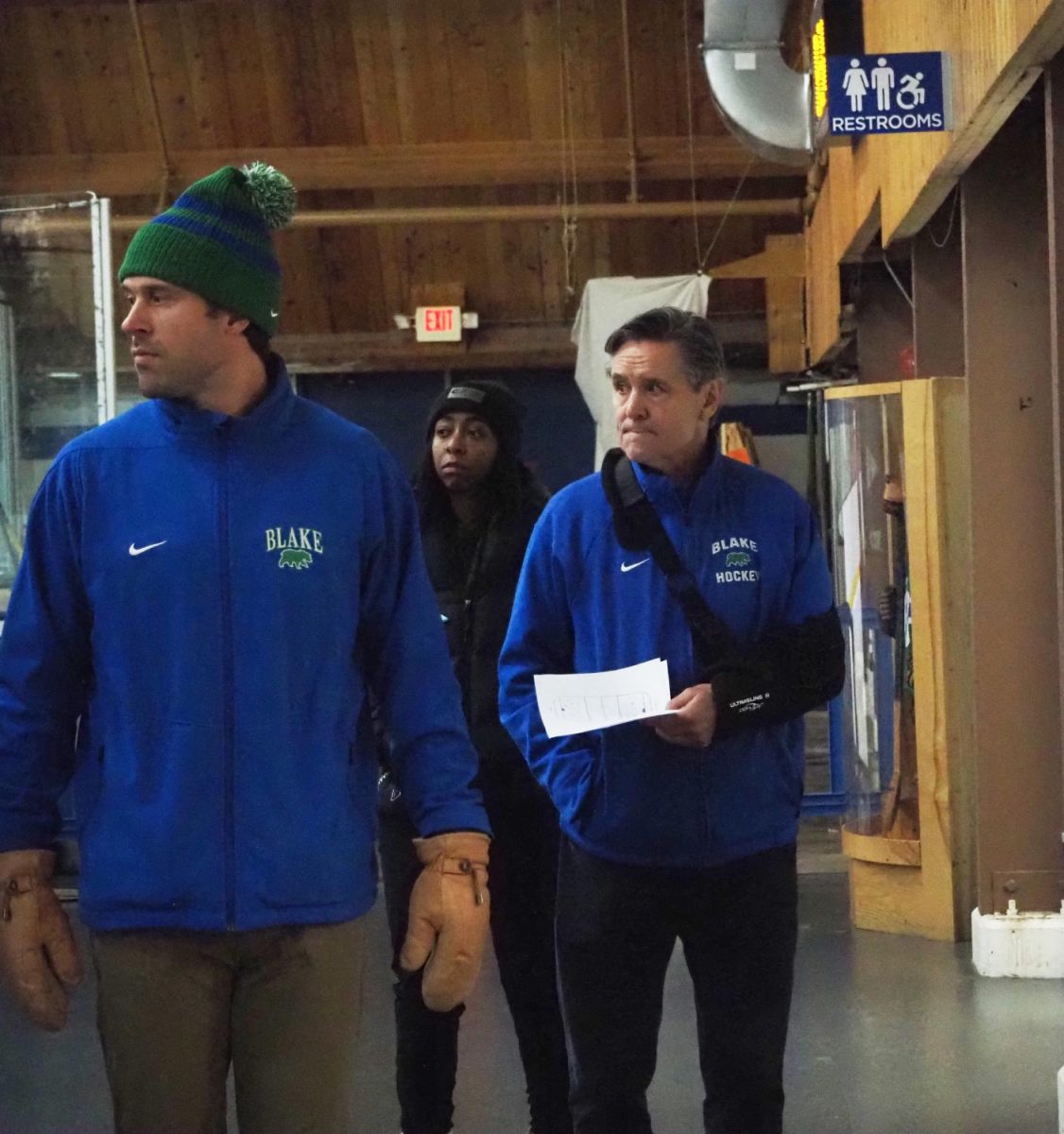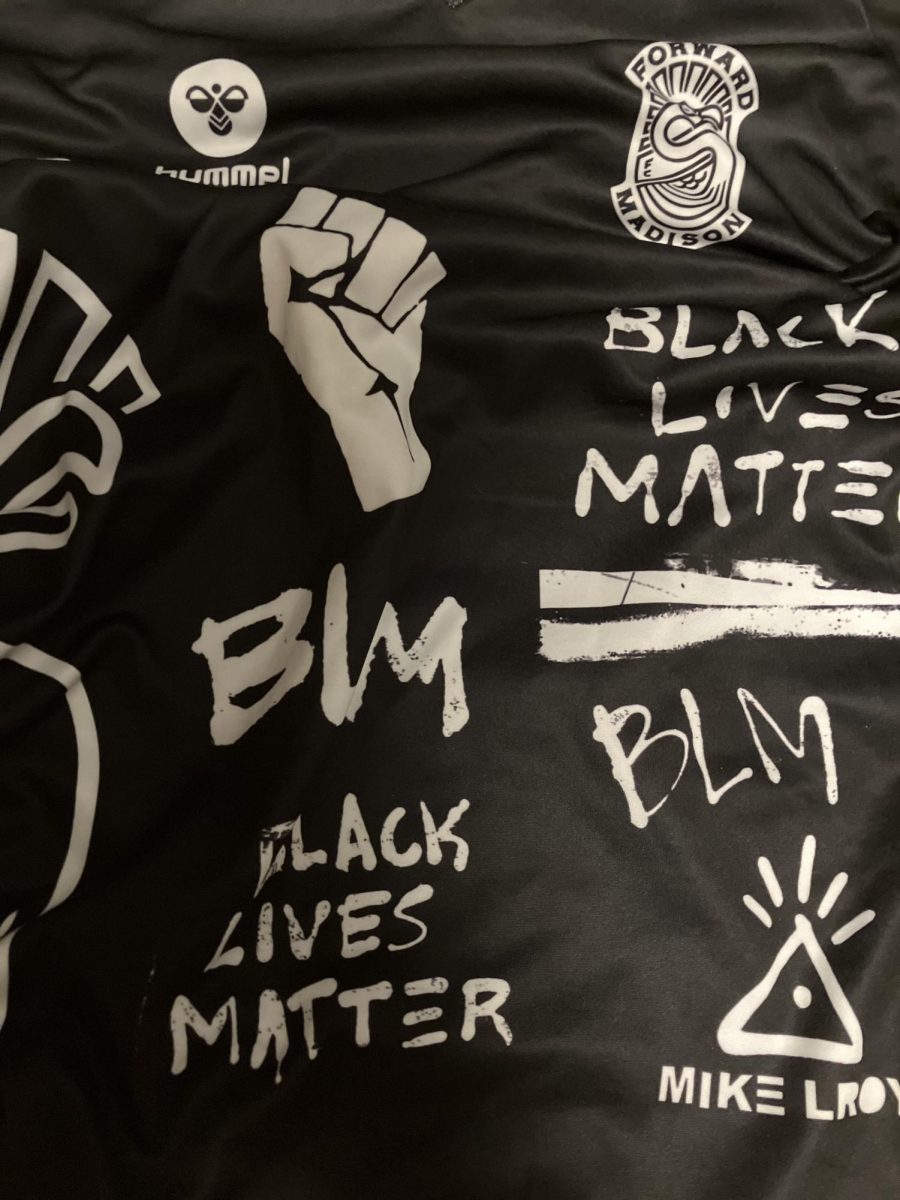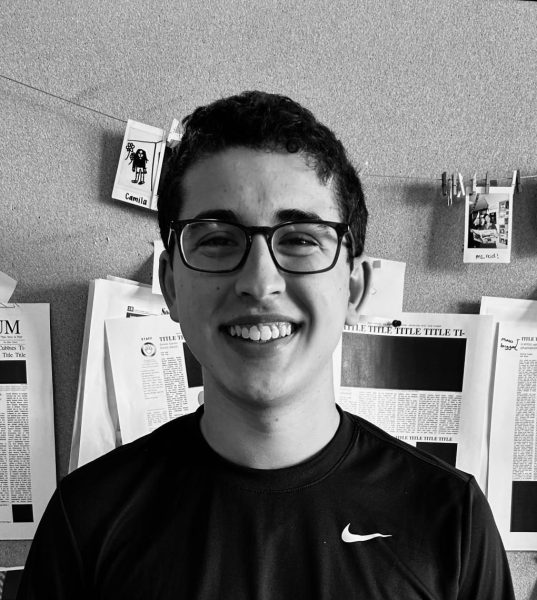Building Your Resume
How do Students Build Resumes?
Evie Chow, Variety Editor
College application season is a stressful time in any young person’s life. As acceptance rates go down and requirements get more prestigious, many students are trying to load their college applications with as many extracurriculars and activities as possible to make themselves stand out. This brings up the question: how can one create a narrative representative of their entire life’s work on a single sheet of paper?
A common way for students to pad their college applications is joining/creating clubs. Colleges differentiate students with similar grades and test scores by looking into other aspects, such as their extracurriculars. Clubs, especially in one’s interest area, can show commitment and leadership that transcripts can’t. However, with students’ applications getting increasingly similar, many students are trying to set themselves apart from others. But are students using clubs to enhance their high school experience, or are they using clubs to help their chances of getting into colleges?
Another way for students to enhance their resumes is by applying for scholarships. While there are many esteemed and highly competitive college scholarship programs like the National Merit Scholarship Competition, some students have been applying for more unheard of or rare scholarship programs in recent years. These types of scholarships in particular can be used as a filler on college applications, or just as an added accolade on their resume.
Another huge aspect of resume building lies in course curriculum, or the difficulty of classes one chooses to take throughout their high school career. Associate Director of College Counseling Jim Mahoney says that college counselors support incoming seniors by “helping them find the best possible schedule for their needs” while “balancing rigor with sanity.”
While college counselors can offer some helpful guidance in this field, many students face the choice between taking a class that is easier but will also result in a better grade, or taking a more advanced course that will potentially result in a lower grade. With many different Honors and AP courses available, the subjectivity of college admissions presents many students with stressful decisions on their course loads that can impact the trajectory of their lives.
Focus on Passions Instead of College
Lilah Johnson, Sports Editor
Have you ever found yourself volunteering just because you think you have to for college applications? Or taking an advanced course because you want to improve your class rigor, only to find out that you don’t enjoy the subject and it’s proving too difficult? Feeling motivated to resume-build for college admissions is a common experience for high school students, but it can often lead to unfulfilling experiences and missed opportunities.
Taking honors or advanced courses is one of the most common forms of resume-building, however, when a student is only taking the class because they feel like it’s what colleges want them to do, it can be a struggle. I have been prone to sign up for classes for this reason, but I’ve definitely learned that it’s usually not worth it. This year, I dropped an advanced class in order to enroll in one I was more passionate about.
Another common form of resume building is signing up for clubs. Students will often sign up for many clubs at the club fair, then only attend a few meetings. Other times, students will start a club in order to hold a leadership position, but then treat club meetings as a joke. Volunteering for college applications is the equivalent of joining clubs: it’s not a meaningful experience. Volunteering just for hours lacks the feeling of connection and fulfillment that is the essence of community service.
This isn’t to say that joining clubs, volunteering, or taking harder classes is wrong, or to say that you shouldn’t do it. The key thing is making sure that you are doing these things because you enjoy them, not because you feel like you have to. It is important to consider your intentions when doing any of these things. It’s more important to pursue activities that you are passionate about over activities you think you have to do.
Leadership Opportunities Galore
Steven Cao, Managing Editor
Why do we need a good resume? Upper school students are constantly searching for experiences that help build a stronger resume towards future colleges and job opportunities. These experiences range from school clubs to part-time jobs and projects. Focusing on building a strong resume will open up more opportunities. I feel like having a strong resume is one of the most important things a person needs. I have been working on things such as photography and media internships with sports teams to build my resume. Bosses are looking for work experiences and things such as internships will show companies that a person is fit to start the job right away.
Many clubs or jobs on the resume can show others a person's commitment and willingness to go out of their comfort zone. These experiences will offer students insights into what they enjoy and want to pursue. Charlie Wright ‘26 builds his resume by working at Breadsmith, and as a PA announcer for school sports teams. Wright states, “I’m not gonna do a club or an activity that I don’t truly enjoy and find fulfillment in…if it’s something I enjoy, I can pursue it and it also helps my resume.” Working on these roles give students valuable insight on working and responsibility, while strengthening their resumes.
I believe that students should find an area that they would want to pursue, and build their resumes around that one focus. This focus on a specialized field of interest can allow students to build deep connections in that certain field. Having these connections can allow them to learn more about the field.




